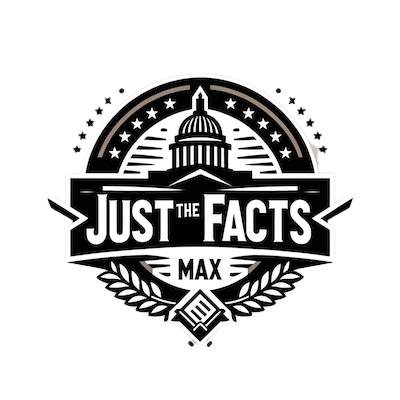JTFMax:
It's important to know that the United States is a democratic republic, and any attempt to move towards a dictatorship would be a significant deviation from its established political structure. It's crucial to understand that promoting a dictatorship violates the principles of the U.S. Constitution and the democratic ideals on which the country was founded.
Advocating for dictatorship or attempting to overthrow the US government is illegal and goes against the fundamental principles of the US Constitution. While freedom of speech is protected, it's important to remember that speech that incites violence or subverts the democratic process is illegal. Criminal acts related to sedition, treason, or conspiracy against the government can be prosecuted. However, the First Amendment protects legal and democratic means of advocating for change. Remember that violent or illegal activities undermining the democratic system can lead to legal consequences.
Concentration of Power: In a dictatorship, power is typically concentrated in the hands of a single individual or a small group. This contrasts with the separation of powers inherent in a democratic system, where executive, legislative, and judicial branches serve as checks on each other.
Erosion of Civil Liberties: Dictatorships often involve the erosion of civil liberties and the suppression of political opposition. This could include freedom of speech, assembly, and press restrictions.
Authoritarian Rule: Dictatorships are characterized by authoritarian rule, where leaders have significant control over the government, the military, and other vital institutions. Elections may be manipulated or eliminated.
Political Repression: Opposition parties, dissenting voices, and political activists may face repression and persecution in a dictatorship. Independent institutions, such as the judiciary, may be weakened to ensure the concentration of power.
Limited Accountability: Dictators often operate with little accountability. Checks and balances that hold leaders accountable in a democratic system, such as an independent judiciary or a free press, are usually weakened or eliminated.
Cult of Personality: Dictators may cultivate a cult of personality, portraying the leader as indispensable and beyond criticism. Personal loyalty to the leader is often emphasized.
It's important to emphasize that these characteristics are theoretical and not reflective of the current state of governance in the United States. The U.S. political system is designed to prevent the concentration of power in any individual or group and has checks and balances to ensure accountability.
Public discourse, legal processes, and adherence to the Constitution play crucial roles in maintaining the democratic nature of the U.S. government. Political views and debates are inherent in a democracy but within established democratic principles. Any deviations from these principles would require significant changes to the legal and constitutional foundations of the country.
 JustTheFacts Max
JustTheFacts Max![]() -
-
Arts & Culture -
Dictatorship in the USA
-
1.1K views -
0 Comments -
0 Likes -
0 Reviews
-
-
Arts & Culture -
Dictatorship in the USA
-
1.1K views -
0 Comments -
0 Likes -
0 Reviews
![]() 0
0
0
259
1
0
0
0
259
1
Share this page with your family and friends.